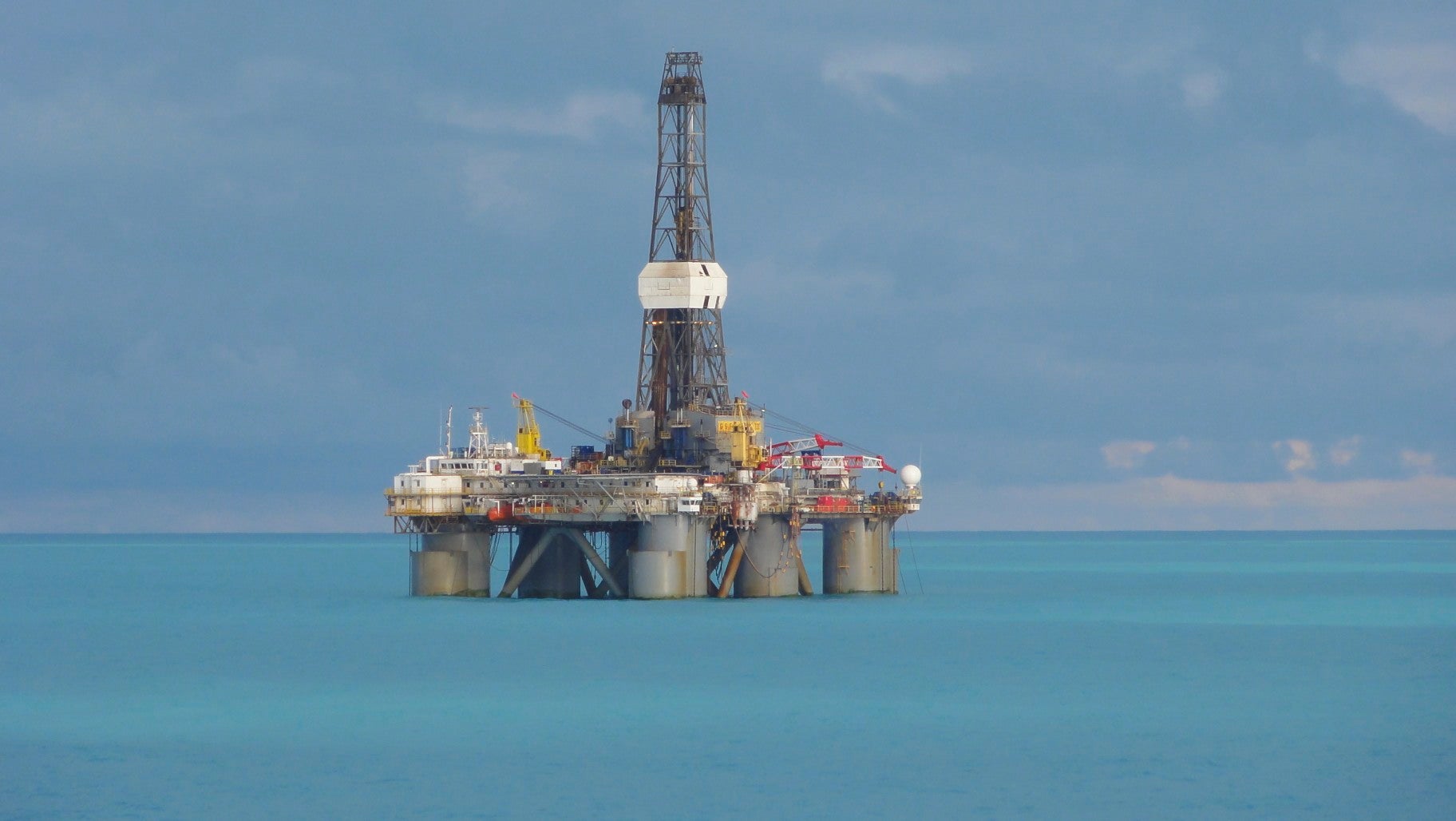
A spill from an undersea pipeline polluted the waters near Los Angeles earlier this month, blackening beaches and endangering wildlife.
The California Justice Department is investigating the spill off the coast of Huntington Beach, which sent thousands of gallons of oil into the ocean.
The state’s attorney general, Rob Bonta, said that the state’s justice department would work with other state, local, and federal authorities to determine the cause of the spill, and what could have been done to prevent or minimise the disaster.
Officials have said that, while the cause remains under investigation, they believe the pipeline was probably damaged by a ship’s anchor several months to a year prior the incident.
Bonta said: “The oil spill off the coast of Huntington Beach is an environmental disaster with far-reaching consequences for our fish and wildlife, for our communities, and for our economy.”
With many ageing oil rigs offshore, experts have warned that the spill was unlikely to be the last one.
Alex Padilla, California’s junior senator, said: “It is unacceptable that Californians are once again facing the devastating effects of an offshore oil spill. The trade-off between oil production and environmental harm is simply not one we should be making any longer, especially given how fossil fuel emissions are exacerbating the climate crisis.”
The leak was from a pipeline owned by Houston-based Amplify Energy, according to US Coast Guards officials. It leaked between 25,000 gallons and 132,000 gallons of crude oil into the ocean.
The spill was confirmed on 2 October, a day after residents reported a petroleum smell in the area.
Huntington Beach reopened earlier than many expected on Monday, despite a persisting strong smell that blanketed the coast and blobs of crude washing ashore. City and skate park officials decided to reopen the shoreline in Huntington Beach after water quality tests revealed no detectable levels of oil-associated toxins in the ocean.
The spill is major but nowhere near the really big ones, says Richard Ambrose, a professor and researcher at UCLA who monitored the cleanup after the Exxon Valdez oil spill in 1989. He adds that this current spill has a lot of similarities to the 2015 Refugio spill in near Santa Barbara.
“The biggest question here is how much oil comes to shore and for how long,” he says, and that depends on ocean currents and winds.
Ambrose added that the sooner that California can move to renewable energy, the sooner there won’t be oil moving around, preventing further spills – but that’s nowhere near happening for now.
He said: “In all the ways we move oil, they are subject to accidents. This pipeline is just one way, and there’s a whole oil transportation network, with thousands of spills every year.”


